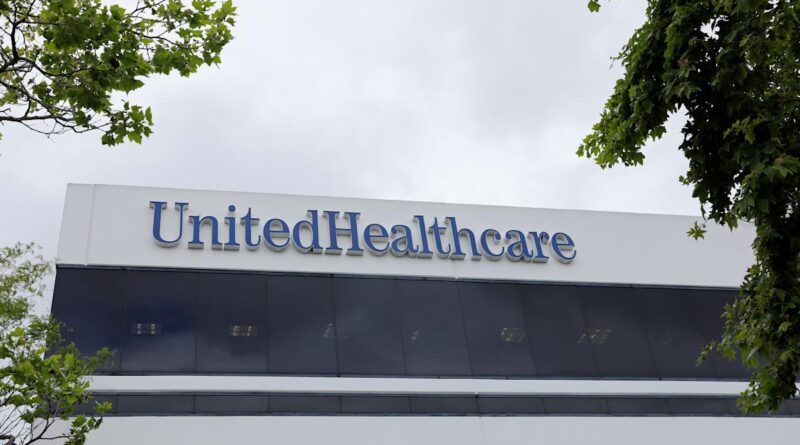UnitedHealth stock craters in worst day since 1998 on ‘unusual and unacceptable’ results
UnitedHealth (UNH) stock cratered just over 22% Thursday — its biggest single-day drop since August 1998 — after its first quarter earnings missed expectations and the company cut its full-year profit guidance.
The health insurance giant now expects adjusted full-year profits to fall in a range between $26 and $26.50 per share, down from its prior forecast for adjusted EPS to come in between $29.50 and $30.
United Health for its first quarter reported adjusted earnings per share of $7.20 versus the $7.27 expected and revenue of $109.6 billion versus the $111.6 billion expected, according to Bloomberg consensus estimates.
The stock’s decline shed over $120 billion from the insurer’s market cap and dragged down the blue chip Dow Jones Industrial Average (^DJI).
In a statement, UnitedHealth CEO Andrew Witty said the company “did not perform up to our expectations, and we are aggressively addressing those challenges to position us well for the years ahead.”
The company cut its forecast to account for higher-than-anticipated costs related to its Medicare Advantage — a controversial private insurance alternative to Medicare scrutinized by healthcare advocates — and Optum businesses. Optum delivers care to UNH clients, including Medicare Advantage users.
Read more: Is the stock market closed on Good Friday? 10 market holidays in 2025 and 2026.
“UnitedHealth Group started 2025 in two seemingly disparate ways,” Witty said separately in a call with analysts.
“One, continued strong growth across our businesses,” he said. He said Medicare Advantage business is set to serve an additional 800,000 people this year, while Optum Health is on track to add 650,000 net new patients.
“The other way, however, was an overall performance that was frankly unusual and unacceptable.”
UnitedHealth said policy changes during the Biden administration reducing reimbursement rates from the government for Medicare Advantage patients — intended to prevent abuses of the system by insurers and reduce costs to taxpayers — meant UnitedHealth and other insurers had to foot the bills to a greater extent, weighing on 2025 profits.
Adding to its troubles, senior patients in its Medicare Advantage business began using more services “far above” the increase planned for this year, the company said.
Case in point: Last year, the company reported a medical care ratio — or the amount of premiums collected that were paid out as medical costs — of 85.5%, up sharply from 83.2% the prior year. This year, it expects a ratio of 87.5%. UnitedHealth cited premium hikes for the issue.

